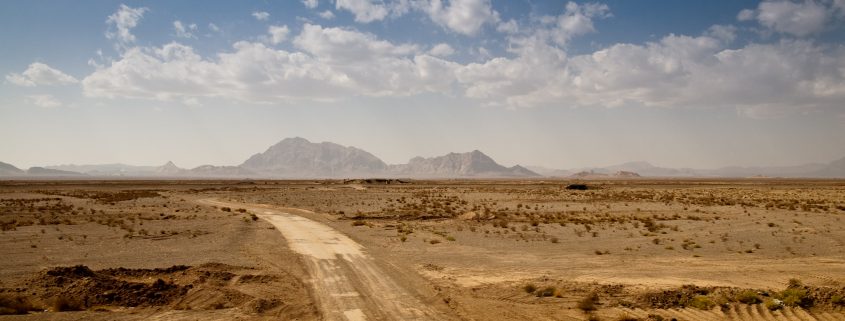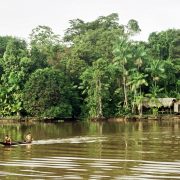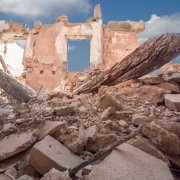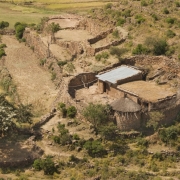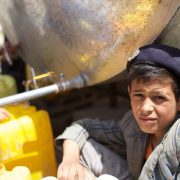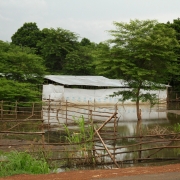HotSpots H2O, January 23: Iran Follows Alarming Pattern of Water Crisis
The Global Rundown
Water shortages play a role in ongoing unrest across Iran. Skirmishes over water begin in Cape Town, South Africa, as the city approaches “Day Zero.” Malaria becomes the latest disease to stalk war-torn Yemen as the country’s healthcare and sanitation systems collapse. Famine looms in the Democratic Republic of Congo amid conflict, displacement, and aid shortages. Egypt insists that the Grand Ethiopian Renaissance Dam will not ruin the country’s relations with Ethiopia.
“The Nile basin enjoys great resources and capabilities that makes it a source of interconnection, building and development, not a source of conflict.” –Abdel Fattah al-Sisi, President of Egypt, in reference to the recent dispute between Egypt, Ethiopia, and Sudan over the Grand Ethiopian Renaissance Dam on the Nile river. President Sisi insisted that the dam would not ruin Egypt’s relations with Ethiopia, despite contention over the project in recent weeks. Reuters
Latest WaterNews from Circle of Blue
Deadly Legionella Bacteria Are Common in U.S. Building Plumbing – Water samples from cooling towers across the country show signs of the bacteria.
World Economic Forum Sees Big Risks in Water and Climate – Environmental change viewed as a leading cause of disruption.
By The Numbers
14 years Length of Iran’s crippling drought, which has played a major role in the country’s unrest. The pattern in Iran–water shortage followed by widespread unrest–serves as an example of what could happen in other countries facing water scarcity. The New York Times
23 gallons Amount of water allowed per person, per day in Cape Town, South Africa, under the city’s most recent water restrictions. Cape Town is slated to run out of water by April 21. Skirmishes have already broken out at springs and watering points as “Day Zero” approaches. CBS News
In context: Cape Town’s “day zero” approaches.
Science, Studies, And Reports
Over 3 million people in the Democratic Republic of Congo are without enough to eat as conflict continues and aid falters, according to a recent United Nations (UN) report. The UN warns that many Congolese are likely to die unless they recieve urgent health, water, sanitation, and nutrition support. World Food Programme
On The Radar
A failing sewage system and inadequate healthcare facilities are putting millions of Yemenis at risk of developing malaria. Diseases such as cholera and diptheria have already spread throughout much of the country. Reuters
Kayla Ritter is a recent graduate of Michigan State University, where she studied International Relations and Teaching English to Speakers of Other Languages. She is currently based in Manton, Michigan. Kayla enjoys running, writing, and traveling. Contact Kayla Ritter

